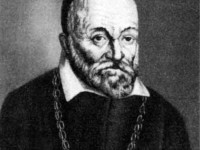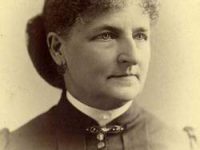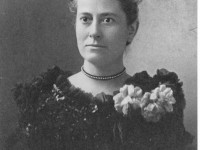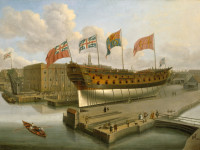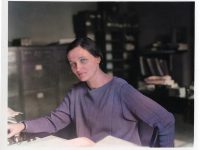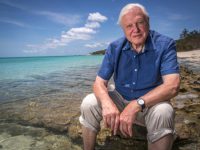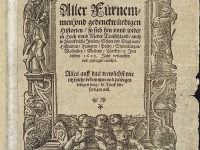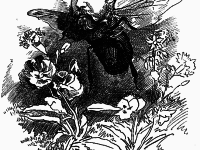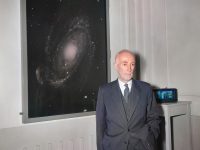Hieronymus Fabricius – The Father of Embryology
On May 20, 1533 Hieronymus Fabricius or Girolamo Fabrizio or by his Latin name Fabricus ab Aquapendente also Girolamo Fabrizi d’Acquapendente was born. He was a pioneering anatomist and surgeon known in medical science as “The Father of Embryology.” Hieronymus Fabricius – Early Years Girolamo Fabrizio was born probably on May 20, 1537 in Aucula. He was sent to Padua in order to receive a decent education and studied Greek as well as Latin…
Read more

